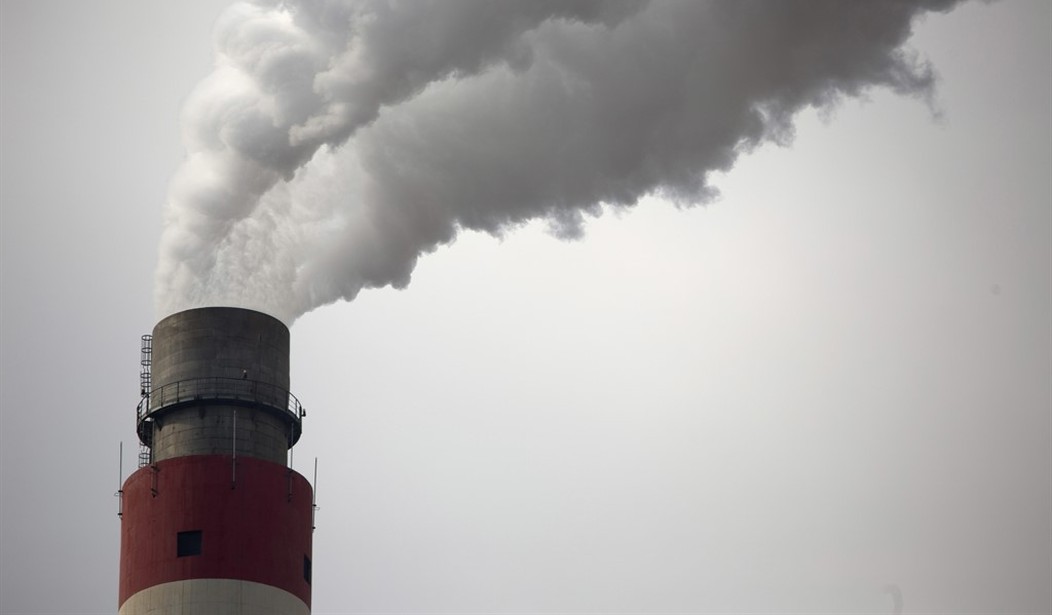This news actually came out last week, but it sort of slipped under the covers for a while. A coalition of coal companies and Republican-led state governments previously launched a challenge to the Environmental Protection Agency (EPA) asking what if any limits constrain the agency from simply issuing mandates impacting energy producers in terms of emissions deemed harmful to the environment. On Friday, the Supreme Court agreed to take up the case and consider the question. This issue is a timely one that could have significant implications for the Biden administration as they prepare to launch yet another raft of regulations aimed at oil and gas producers over methane emissions. While few expect the court to entirely defang the EPA, it’s fair to ask if the agency has to take other factors into consideration, such as the costs the industry must bear to remain in compliance and the impacts these regulations will have on employment and the economy. (The Hill)
The Supreme Court said on Friday that it will review what tools the Environmental Protection Agency can use to regulate greenhouse gas emissions from power plants.
The petitions it granted Friday pertained to a case in which a court nixed the Trump administration’s rollbacks of Obama-era power plant rules.
The court agreed to look at that case and consider questions about whether to limit the scope of the EPA’s regulations over these pollution sources.
The court obviously will not be considering the question of “if” the EPA can regulate emissions. If the answer to that question was “no” then it would effectively end the reason for the agency’s existence in the first place. And that’s something that likely would have happened decades ago if that were the case.
Instead, the court will consider questions about the tools that the EPA employs to enforce its mandates. For example, can they issue blanket restrictions and penalties that impact the entire industry, including companies that have not been cited as being in violation of existing standards? And can they force economic contracts such as cap and trade across multiple industries?
A separate question being brought forward is potentially even more interesting. Can the EPA decide questions of “vast economic and political significance?” For example, some of the EPA’s actions seem to be clearly intended to restructure the entire country’s energy system. Such examples of technological evolution have traditionally been driven by the pace of advancement in each industry, not by a government mandate.
In other words, it seems to be an accepted, established fact that the existence of the EPA is legal and that it does have certain powers to regulate industrial and, in some cases, even personal activity that negatively impacts the climate or produces pollutants that may pose a public health hazard. But in the past, the pace of growth of such regulations was slower and seemed to trail behind technological advancements, particularly in the energy industry. But now the EPA is making sweeping demands that would fundamentally transform how the industry operates, in some cases without accounting for current limits that exist in that technology.
Does the EPA bear any responsibility for the economic and social impacts that its overly aggressive mandates can produce? And are there any limits to the agency’s seemingly godlike powers in that regard? Perhaps the SCOTUS justices will offer some clarity on these questions at the end of the current session.









Join the conversation as a VIP Member